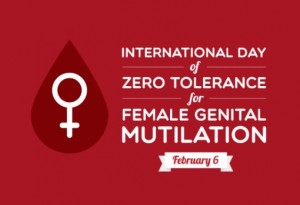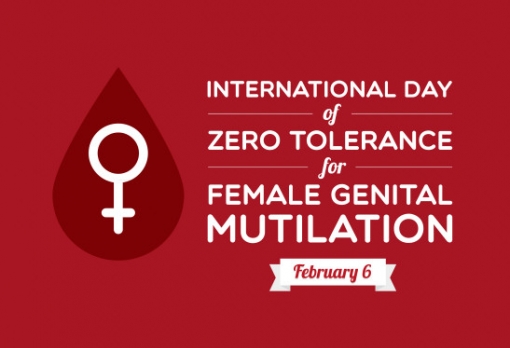 FGM originates in cultural rather than religious values and traditions, although justifications given for it vary across regions and cultures. Despite commonly being associated with Islam, there are a large number of Islamic countries, including Morocco, Algeria, Afghanistan and Saudi Arabia, where it is not practiced. This does not mean that religion has no influence. There is no requirement for FGM in the Quran; however, many perpetrators invoke Islam to justify their acts. Therefore experts generally refer to religion as a “justification” or “rationalisation” rather than a “cause”.
FGM originates in cultural rather than religious values and traditions, although justifications given for it vary across regions and cultures. Despite commonly being associated with Islam, there are a large number of Islamic countries, including Morocco, Algeria, Afghanistan and Saudi Arabia, where it is not practiced. This does not mean that religion has no influence. There is no requirement for FGM in the Quran; however, many perpetrators invoke Islam to justify their acts. Therefore experts generally refer to religion as a “justification” or “rationalisation” rather than a “cause”.
Communities living abroad can more readily challenge the cultural norms of their country of origin, for example, questioning the beliefs, values and codes of conduct that underpin FGM. Studies examining the views of women and men in diasporic communities from countries where FGM is regularly practiced have identified three key factors behind the continuation of the practice: the preference for a circumcised wife, the wish to circumcise daughters, and the belief that FGM should continue albeit in a modified way.
In diasporic Somali communities, the decision to abandon the practice often results from internal debate about whether Islam demands FGM, with many ultimately concluding that it does not. In fact, close examination of the Quran often leads people to decide that FGM should be seen as forbidden and as a form of harm inflicted on God’s creation.
Rather than forming stereotypes of communities where FGM remains a problem, the problem is best tackled by exploiting this dynamism. Working with communities to change attitudes, rather than imposing judgements from outside, is essential to combat the practice in the UK.






